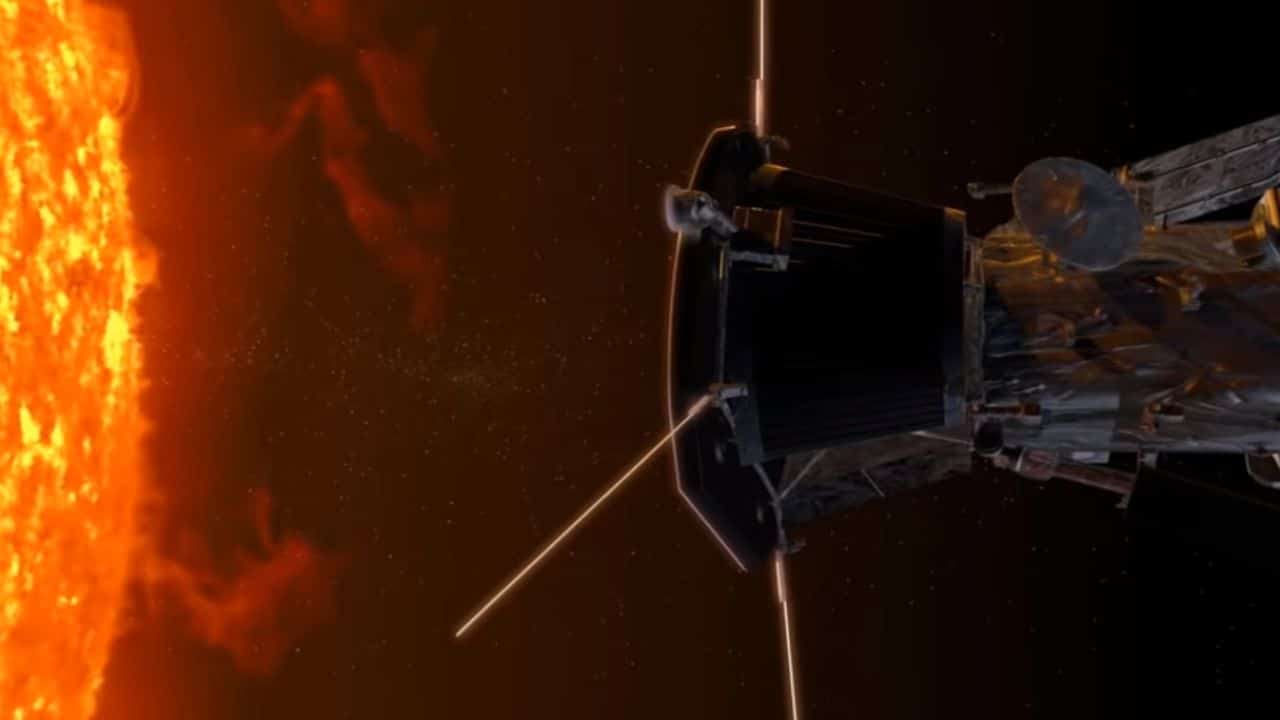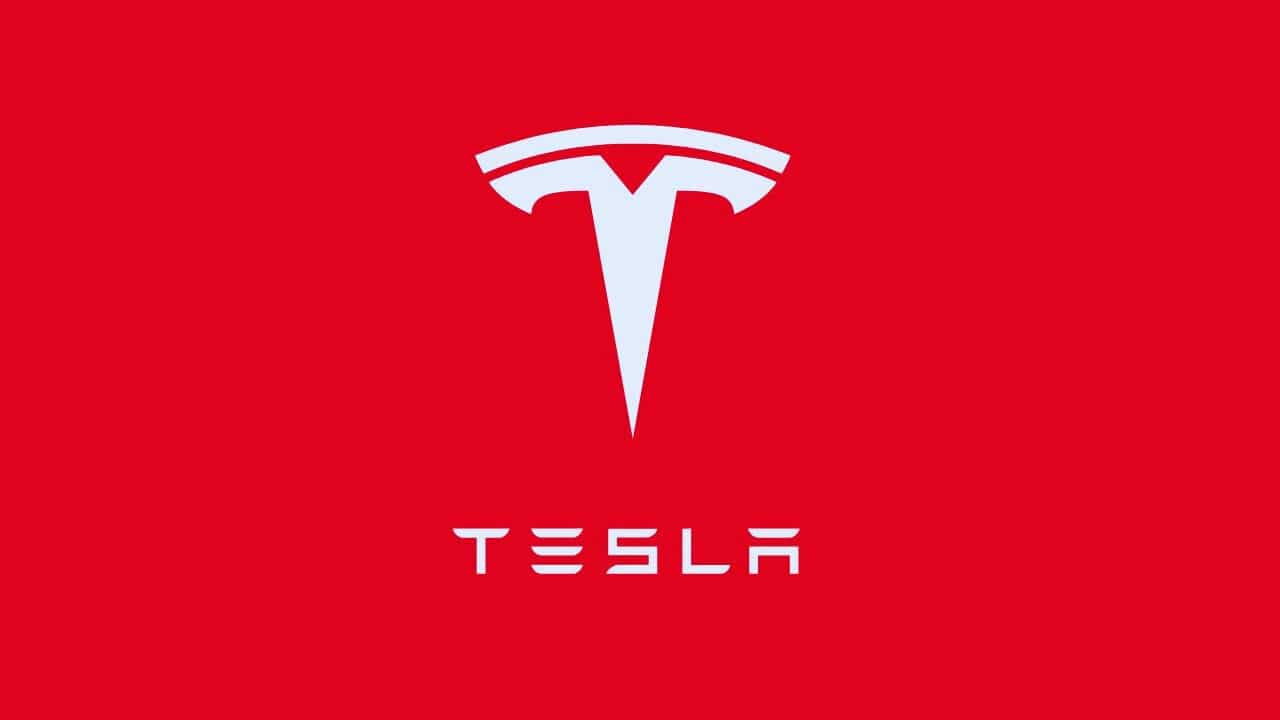NASA’s daring Parker Solar Probe broke its own speed record during a recent extremely close flyby of the Sun, aided by gravity assists from Venus.
On September 27th, Parker reached about 395,000 mph, beating its previous high of ~365,000 mph from November 2021. It also set a new solar proximity record.
Harnessing Venus Gravity to Accelerate Toward Sun
Parker leverages Venus flybys to shed orbital energy and get closer to the Sun’s surface on its unique elliptical trajectory.
Read More: Space Force Rocket Launch May Have Created Hole in Earth
This allows the probe to accelerate to tremendous velocities while zooming near the Sun’s blistering heat and intense gravity.
Previous Record Shattered by Latest Solar Approach
Parker’s November 2021 record at around 365,000 mph seemed unattainable. But its latest pass smashed that by cresting nearly 400,000 mph.
The September 2022 flyby demonstrates the value of the Venus gravity assists in enabling extreme speeds.
Bringing Spacecraft Closer to Sun Than Ever Before
At its point of closest solar approach, Parker reached just 4.5 million miles from the Sun’s surface.
This shatters the prior record for nearest solar pass by a human spacecraft.
Parker’s 2024 Solar Approach Could Bring Even Faster Speeds
Parker has one more Venus flyby planned, setting up its 2024 closest encounter that’s predicted to be under 4 million miles from the Sun.
Final Epic Solar Pass in 2024
Parker’s grand finale will occur in 2024 when it skims just 3.83 million miles from the Sun’s surface after the last Venus slingshot.
Read Also: Frank Rubio Breaks US Record for Longest Space Mission
This dangerous final approach is likely to smash Parker’s speed record again as gravitational forces maximize.
Pushing Boundaries of Solar Proximity
If Parker survives, its 2024 pass will reveal invaluable insights right at our star’s doorstep.
But the extreme environment places incredible strain on instruments and materials. It’s a bold gamble.
Cementing Its Place in History
Regardless of 2024’s outcome, Parker has cemented its legendary status expanding humanity’s boundaries.
It will remain the first craft to “touch” the Sun and the fastest-ever human object.
Parker’s Ambitious Mission to Unlock Solar Mysteries
The daring Parker Solar Probe aims to solve enduring mysteries about fundamental solar processes critical to space weather prediction.
Launched in 2018 for 7-Year Mission
Parker lifted off in August 2018 on its ambitious 7-year voyage to study the Sun’s corona and dynamics.
Getting extremely close is vital to measure solar conditions accurately.
Uncovering Complex Corona Physics
A key aim is unraveling the complex physics of the Sun’s super-hot outer corona atmosphere.
Understanding the corona helps predict solar storms and activity cycles affecting Earth.
Solving Longstanding Solar Mysteries
Analyzing plasma movements, magnetic fields, and other characteristics will provide critical missing clues.
This lets us better grasp solar wind, flares, and other major processes still perplexing scientists.
Legacy Will Extend Far Beyond Its Mission
While yielding pivotal solar insights, Parker’s daring advances inspire future exploration of inhospitable destinations.
Pushing the Boundaries of Spacecraft Design
To survive the brutal environment, Parker leveraged cutting-edge thermal engineering and shielding.
Lessons learned will aid future craft probing extreme heat, cold, radiation and other hazards.
Expanding the Limits of Human Ambition
Parker embodies space exploration’s spirit of adventure and fearless human ambition.
It motivates stretching boundaries thought impassable before Parker’s stunning successes.
Trailblazer for Future Sun Studies
As the first craft to extensively measure the Sun’s corona, Parker paves the way for successors.
Its legacy as a trailblazer will catalyze new generations of Solar missions advancing our knowledge.
Conclusion
The Parker Solar Probe’s shattering speed records and sun proximity milestones demonstrate humanity’s exceptional potential to overcome immense obstacles advancing science. While unraveling solar mysteries, Parker’s bold journey motivates expanding the horizons of possibility for generations to come. according to NASA





































